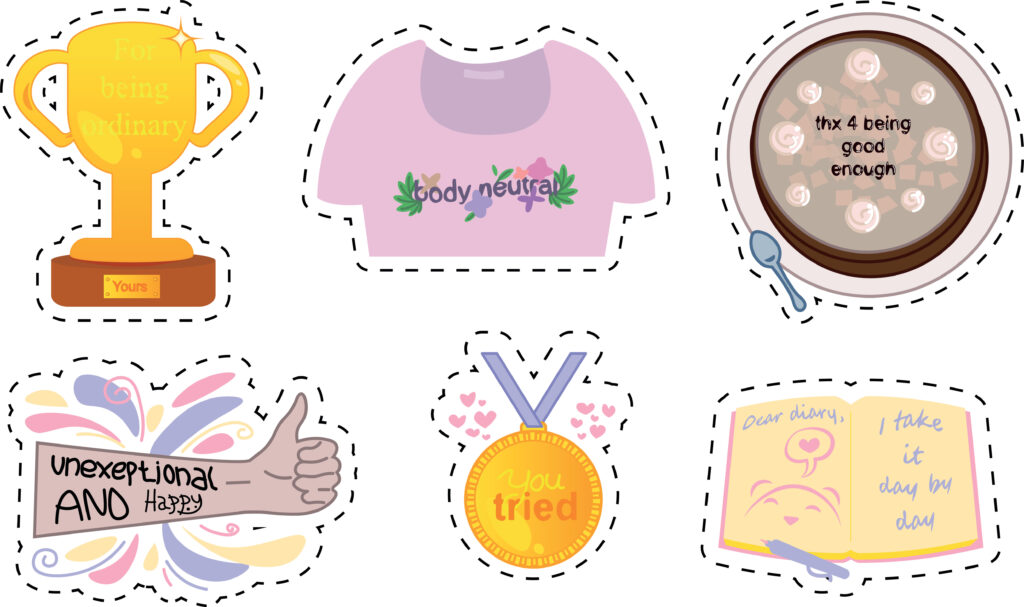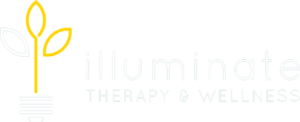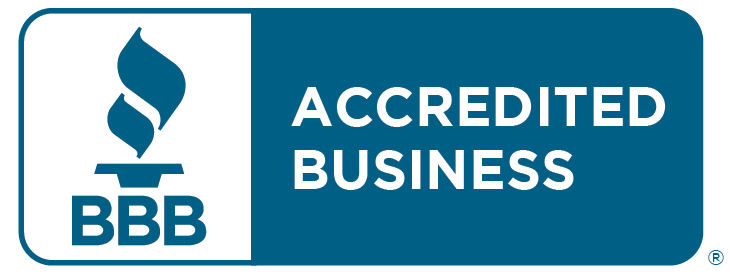The beginning of a new year often brings a flood of resolutions, plans, and aspirations. Social media and self-help articles frequently push the idea of “New Year, New You,” implying that we—as we are—might not be enough. This messaging can leave us feeling overwhelmed, inadequate, and stuck in a cycle of striving for unattainable perfection. But what if this year, instead of chasing an ideal, we focused on feeling “good enough” as we are?
Here’s how to start the new year with a mindset of self-acceptance and balance while setting intentions that nurture mental well-being.
- Reflect, Don’t Compare: The end of the year is often accompanied by highlight reels of other people’s accomplishments. While it can be inspiring to see what others have achieved, it’s important not to fall into the comparison trap. Instead of asking, “Why am I not where they are?” ask, “What did I learn about myself this past year?” Reflect on your own growth, challenges, and moments of joy. Recognizing these will help you appreciate your unique journey and start the year with gratitude.
- Set Compassionate Intentions: Traditional resolutions often focus on fixing perceived flaws: losing weight, earning more money, or being more productive. This year, try setting intentions instead of resolutions. Intentions are flexible and rooted in values rather than outcomes. For example:
- Instead of “I will lose 20 pounds,” consider “I will nurture my body with movement and nourishing foods.”
- Instead of “I’ll get a promotion,” consider “I will seek opportunities to grow in my career.”
Compassionate intentions honor where you are now and align with your personal values.
- Practice Self-Validation: The belief that we are not “good enough” often stems from seeking validation externally—from work, relationships, or social media. Cultivate self-validation by acknowledging your efforts and achievements, no matter how small they seem. Write down three things you’re proud of each day. Over time, this practice builds a stronger sense of self-worth and reduces reliance on external approval.
- Embrace Imperfection: Perfectionism can be paralyzing, leading to procrastination or burnout. Instead of striving for perfection, aim for progress. Remind yourself that mistakes and setbacks are part of growth. They don’t define your worth; they shape your resilience and adaptability.
- Prioritize Mental Health Habits: Feeling “good enough” often starts with taking care of your mental health. Small, consistent habits can make a big difference:
- Mindfulness Practices: Spend a few minutes each day meditating or practicing deep breathing to center yourself.
- Regular Exercise: Movement releases endorphins, which improve mood and energy levels.
- Balanced Nutrition: Nourishing your body with whole foods supports brain health and emotional stability.
- Adequate Rest: Quality sleep is essential for mental clarity and resilience.
- Build Supportive Relationships: Surround yourself with people who uplift and accept you as you are. Nurture relationships that bring joy, understanding, and authenticity. If you’re struggling to feel “good enough,” consider speaking with a therapist or joining a support group. Sometimes, simply being heard can make a world of difference.
- Celebrate Small Wins: You don’t need to wait for monumental achievements to celebrate yourself. Small victories—like completing a task, showing kindness to someone, or taking time to rest—deserve recognition. Each small win reinforces the idea that you’re already good enough.
- Create a “Good Enough” Mantra: Mantras can serve as powerful reminders to stay grounded in self-acceptance. Create a phrase that resonates with you, such as:
- “I am enough as I am.”
- “I honor my progress, not perfection.”
- “I am growing at my own pace.”
Repeat this mantra daily to internalize its message and counter negative self-talk.
As the new year begins, remember that you don’t have to reinvent yourself to be worthy. By reflecting on your journey, setting compassionate intentions, and embracing imperfection, you can start the year with a mindset of self-acceptance and resilience. You are already enough, and this year can be an opportunity to fully embrace that truth. Here’s to a year of feeling good enough.






